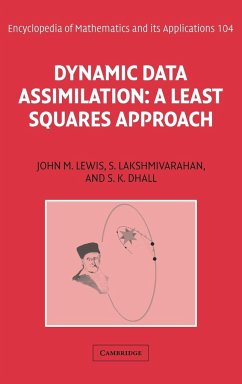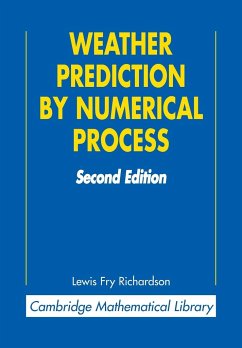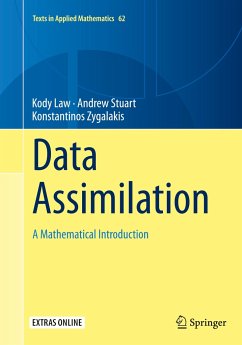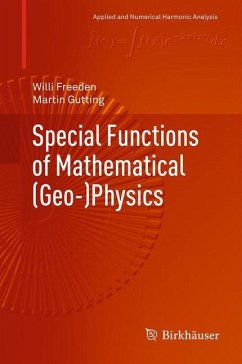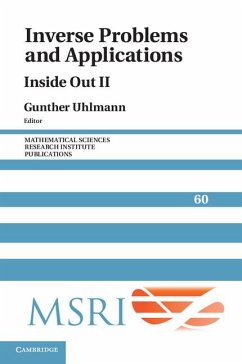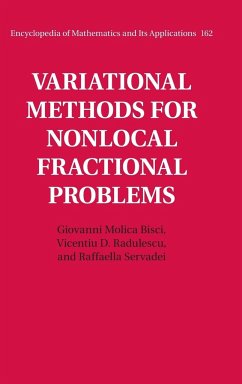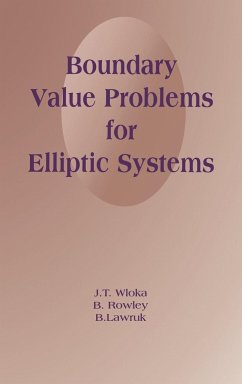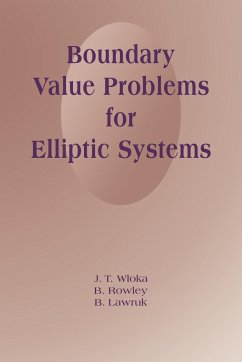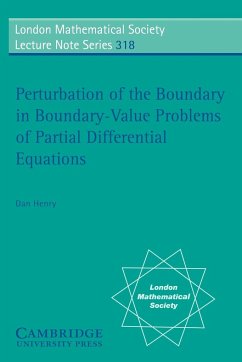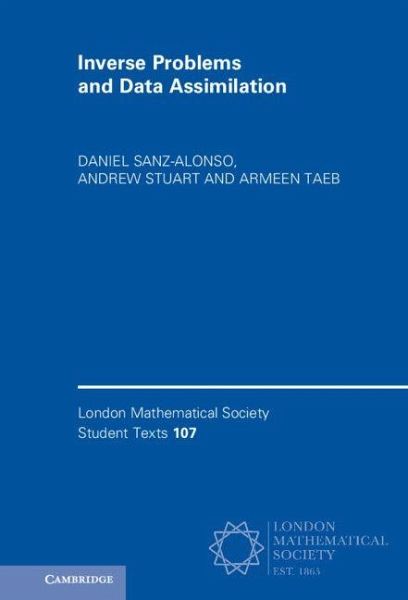
Inverse Problems and Data Assimilation

PAYBACK Punkte
40 °P sammeln!
This concise introduction provides an entry point to the world of inverse problems and data assimilation for advanced undergraduates and beginning graduate students in the mathematical sciences. It will also appeal to researchers in science and engineering who are interested in the systematic underpinnings of methodologies widely used in their disciplines. The authors examine inverse problems and data assimilation in turn, before exploring the use of data assimilation methods to solve generic inverse problems by introducing an artificial algorithmic time. Topics covered include maximum a poste...
This concise introduction provides an entry point to the world of inverse problems and data assimilation for advanced undergraduates and beginning graduate students in the mathematical sciences. It will also appeal to researchers in science and engineering who are interested in the systematic underpinnings of methodologies widely used in their disciplines. The authors examine inverse problems and data assimilation in turn, before exploring the use of data assimilation methods to solve generic inverse problems by introducing an artificial algorithmic time. Topics covered include maximum a posteriori estimation, (stochastic) gradient descent, variational Bayes, Monte Carlo, importance sampling and Markov chain Monte Carlo for inverse problems; and 3DVAR, 4DVAR, extended and ensemble Kalman filters, and particle filters for data assimilation. The book contains a wealth of examples and exercises, and can be used to accompany courses as well as for self-study.





